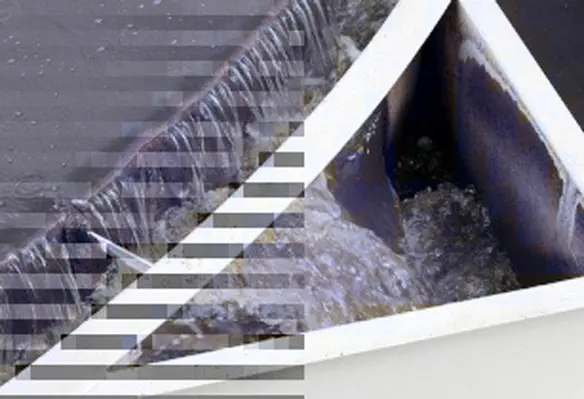Food crops grown with recycled sewage are safe to eat, a study has recently revealed
A University of California-Riverside report, which examined the potential harm caused by pharmaceuticals and personal care products (PPCPs) left in recycled sewage, showed that even in foods eaten raw such as carrots, tomatoes, spinach and bell peppers, the levels of PPCPs were quite low and do not pose any health concern.
The chemicals tested included the anti-bacterial triclosan, caffeine, an anti-convulsant, and a tranquiliser.
Recent drought and water shortages, which have led to increased use of recycled sewage water to irrigate food crops, had apparently raised concerns about the health and environmental effects of residual PPCPs.
Acknowledging that more studies are needed to gain a full understanding of potential health risks, the scientists called the findings a first step toward assessing the potential human health effects of PPCPs in sewage water.




